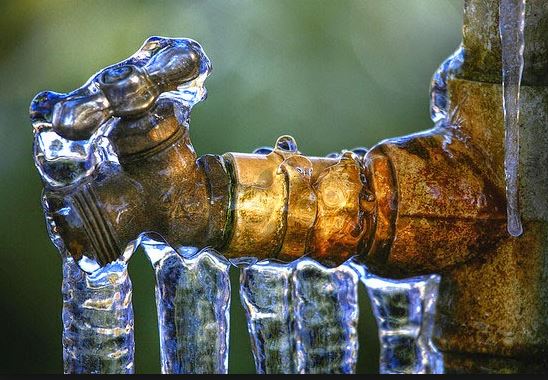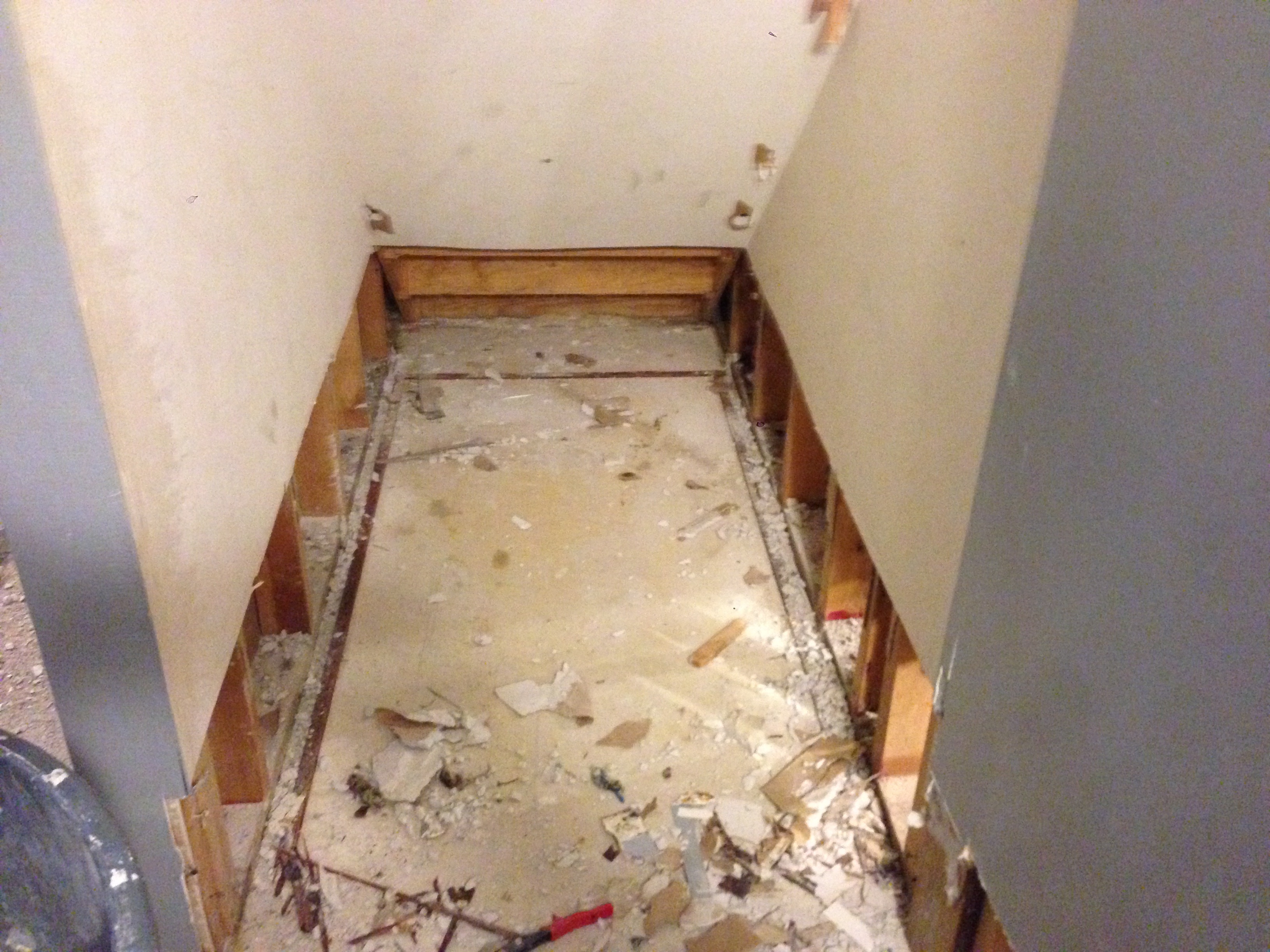There are many horror stories regarding pipes freezing. Pipes freezing can lead to bigger problems. Don’t let this be your story…
Before vacation a family prepped the house for departure - they closed and locked all doors, left some lights on and turned down the heat (50 degrees). The family even called a local friend to keep an eye on the home. But what they didn't pay attention to was that that the temperatures plummeted to below freezing. The family forgot to turn off their outside plumbing hose bibs. The pipes froze to the outdoors. Two days later the temperature rose to above freezing and the pipes burst. Water poured into the basement. The water stayed there for more than 48 to 72 hours allowing for mold growth. Don’t let this happen to your home.

11 Tips for keeping your pipes from freezing during the colder months:
- Disconnect and drain garden hoses from the outdoor faucets (NOW).
- Turn off water inside the home to these bibs.
- Insulate your pipes. Insulate all hot and cold water pipes located in the crawlspace as well as under your house and in in the basement, attic, and exterior walls (if accessible) with snap-on foam insulation https://www.lowes.com/pd/Frost-King-0-75-in-x-6-ft-Foam-Plumbing-Tubular-Pipe-Insulation/3133245. Make sure foam insulation fits tightly without gaps.
- Secure the basement doors and close and weather strip the exterior basement windows and doors.
- When you leave your home in winter, drip both your hot and your cold water faucets in the kitchen and bathrooms. This helps keep water moving through the pipes and relieves built-up water pressure in the pipes if they should freeze. Pay particular attention to the pipes running in the outside walls.
- Turn off your sprinkler system and make sure you blow out compressed air through the irrigation lines to ensure the water is drained (October or November) If the water is not drained it can freeze inside the lines damaging your expensive water system.
- In your laundry room, turn off the water valves to the washer and dryer. The hoses hold pressure which builds up the longer the washer and dryer are not used.
- Open up the cabinet doors under the sinks in the kitchen and bath if they are on exterior walls to allow heat to flow through to the interior pipes.
- Wrap your water heater with an approved manufacturer’s blanket.
- Don’t set thermostat lower than 55 degrees when traveling. Ask a neighbor to check on your house during below freezing temperatures.
- Keep your garage doors closed during extreme cold weather.

Remember don’t let the temperature in your house get too low. If you have a second home and you do not turn off the water make sure the heat is turned on at a temperature of 55 or higher. Make sure you use the tips above…since you are not at that location all of the time and if the pipes burst/thaw and you will have a water problem. If that water problems sits for more than 48 to 72 hours than your problem becomes more than a water problem. It becomes a mold problem.
What do you do if your pipes freeze? Locate the main cut-off valve and have the water cut-off key handy before attempting to thaw out the frozen pipes. Open the faucet the pipe runs to before actually thawing the frozen pipe to allow water to flow through the pipe and relieve any built up pressure in the pipe. You could also use a hair dryer, heat lamp or a portable space heather to thaw out the frozen pipes to help with any pressure built up in the pipe
Whether you are home or away, don’t let your pipes burst - make sure you follow the above 10 tips to keep your pipes from freezing.

